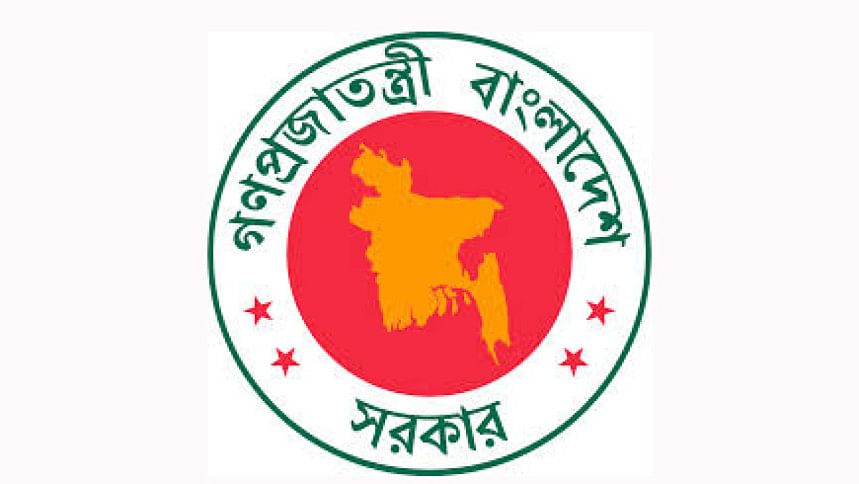Legal complications stall narcotics cases

Mohammad Saju has been behind bars since March in a drugs-related case and he does not know when the court will resume hearing his case giving him an opportunity to seek bail.
He was arrested with 250 yaba pills in Mohammadpur, according to the case filed against him under the Narcotics Control Act 2018. The case was transferred in June to the Metropolitan Sessions Judge’s Court, Dhaka for trial.
As of June, there are at least 761 cases under the Narcotics Control Act pending for hearing as the government is yet to decide how to clear legal ambiguities and which court would dispense justice.
The legal complications came to the fore after a lawyer told the High Court in July that the Joint Sessions Judge’s Court, Dhaka where his client’s case was undergoing trial did not have the authority to hold the trial.
The HC bench asked the home ministry and the law ministry to inform the court whether special tribunals had been formed under the law or if any other court had been given the responsibility of holding trials through a gazette notification.
That prompted lower courts to stall trial proceedings of the cases.
The 2018 act requires setting up of special tribunals. Until that happens, additional district judges or session judges will be able to hold trial of narcotics cases, in addition to their existing responsibilities. A gazette notification has to be issued to facilitate the process.
The HC bench of Justice M Enayetur Rahim and Justice Md Mostafizur Rahman on August 25 said it was unfortunate that eight months had gone after the formulation of the law but the government was yet to issue a gazette notification for setting up special tribunals in all districts to try narcotics cases.
And with more than 10,000 cases being investigated under the new law, lawyers feel the delay in trial is a delay in justice.
“Many accused are languishing in jail without the scope for placing statements in their favour or seeking bail,” said Ashraf-Ul-Alam, a lawyer at the Dhaka District and Sessions Judge’s Court.
On what is holding the executive authorities back from forming a special tribunal or issuing a gazette notification, several officials of the narcotics control department said the effort has so far been to seemingly clear the ambiguities in the act first.
In March, the law ministry proposed an amendment to the act, allowing judicial magistrates to have the power to try narcotics-related cases, in which accused may have to serve seven years or less.
The proposal was meant to plug the loopholes in a provision of the act.
The provision says the accused will have a summary trial if charges against them do not carry death penalty, life-term imprisonment or more than seven years’ imprisonment. And the summary trial should be done in compliance with the Code of Criminal Procedure (CrPC).
But the CrPC allows only 1st class judicial magistrates or metropolitan magistrates to conduct summary trials whereas the narcotics act forbids judges below the rank of additional district judge to hold trial.
This leaves a question as to who will be able to conduct summary trial.
Officials of the narcotics control department said there had been a workshop more than a month ago to discuss the matter.
The home ministry and the law ministry have exchanged views before coming to the proposal for amendment, they said.
An ordinance will come soon proclaiming the changes to the narcotics act to empower judicial magistrates in all districts to conduct trial of drug cases, said a law ministry official on September 21, preferring anonymity.
The process of issuing the ordinance is in its final stage, he added.
Until June, more than 3 lakh narcotics cases had gone into trial. About 10,000 new cases on an average are filed every month, according to statistics from the narcotics department.
EXPERTS OPPOSE THE PROPOSED AMENDMENT
However legal experts say the act, if amended, will lead to more complications.
“A dual trial system would create more complicacies,” said Barrister Jyotirmoy Barua, in an emailed response last month.
Things could be straightened out by just adding a line in the respective provision of the 2018 act that “as this is a Special law, the Additional District Judge or the Sessions Judge, for the purpose of adjudication, shall have the power to conduct summary trial when necessary”, he added.
Lawyer Khurshid Alam Khan foresees that the trial of narcotics cases would be called into question if held by judicial magistrates.
“It’s a damaging proposal,” he said, adding that there might be a debate engaging legal experts before the authorities go ahead with the proposal.

 For all latest news, follow The Daily Star's Google News channel.
For all latest news, follow The Daily Star's Google News channel. 








Comments